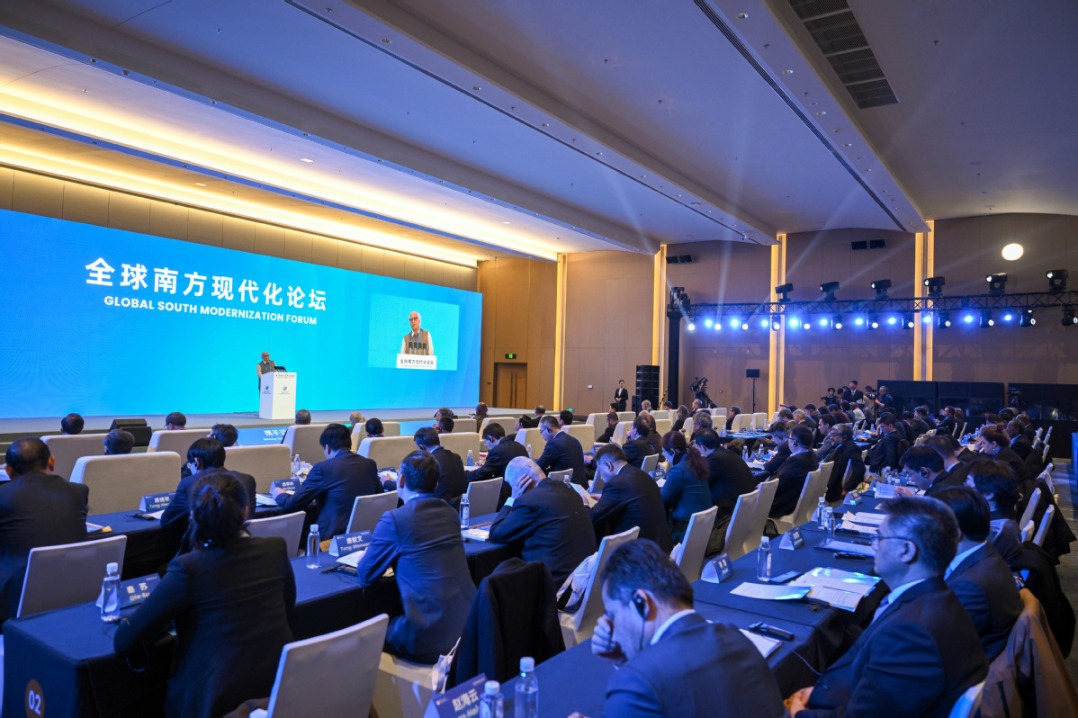Held to account


China's accounting practices are converging with international standards despite some hiccups in application
Do the figures add up? China's accounting practices have come under close scrutiny in recent months.
The financial information of Chinese companies listed on the New York Stock Exchange, in particular, has been the subject of controversy.
There has also been a recent high profile case in China involving Deloitte, where the United States Securities and Exchange Commission subpoenaed papers from an audit it did on Chinese financial software company Longtop last year, despite it being outside its jurisdiction.
|
||||
Deloitte itself raised issues with the company and has said it has had difficulty releasing the papers because of China's secrecy laws.
Yet many in the accountancy community in China believe recent coverage of events do not reflect the major advances the profession in China has made over the past 20 years.
After reform and opening-up began in the late 1970s, the accounting system tended to copy the Soviet-system model.
The total income of accounting practitioners in China was just 18 million yuan ($2.85 million, 2.16 million euros) in 1993.
Now with 250,000 qualified accountants, one of the largest numbers in the world, the profession boasts an income of 40 billion yuan, which is set to more than double again to 100 billion yuan in five years, according to the Chinese Institute of Certified Public Accountants (CICPA), China's top accountancy body. All of the Big Four international accountancy firms are represented in the country.
David Wu, the lead partner for PricewaterhouseCoopers (PwC), which has the highest revenue of all accountancy firms in China, says there has been a certain arrogant attitude to the Chinese accountancy profession, coming mainly from the US.
"It is unfair for the Americans to say there is fraud and unreliability in financial statements in China generally," he says.
PwC first came to the Chinese mainland in 1979 and operates as a joint venture with Chinese firm Zhong Tian, and has 10,000 employees.
"Our accounting standards have been converged with international reporting standards so they are the same," he says.
But he adds: "Of course, the challenge is application."
Yet there have been recent concerns about accounting standards in China from at least one high priest of the investment community.
Anthony Bolton, the successful UK fund manager now based in Hong Kong, partly blamed the poor performance of his China Special Situations fund - down around a third from its 2009 launch - on the poor quality of financial information.
"On the challenges of China, I've said there were a number of things I was aware of - but actually doing it day in day out, they were more acute than I thought," he told the Financial Times in December.
"And the challenge of 'can you believe what you're told?' and 'are the figures real figures?' - the quality of the information you are getting is definitely an issue."
Russell Brown, managing partner of LehmanBrown, one of the leading foreign firms in China, says the problem outside investors face is that many companies have different sets of accounts.
"A lot of companies will have management accounts, GAAP (Generally Accepted Accounting Principles) accounts, accepted in all jurisdictions, as well as, let us call them, local accounts," he says.
The urbane Wu, 45, would be as easily at home in New York or London and not just in his office in Beijing Fortune Plaza.
He is a member of professional bodies around the world and has a right to practice in the US, the UK and Hong Kong as well as the Chinese mainland. He was the first accountant in China to receive the UK ACCA (Association of Chartered Certified Accountants) qualification.
He says the dominant presence of State-owned enterprises in the Chinese economy means there is a culture of not "window dressing" figures that there is in many private sector-led economies.
"Within these organizations there isn't a motive for the management to beautify accounts since their remuneration is not tied to the financial performance," he says.
Today's Top News
- Lawmakers' thousands of proposals receive responses
- China warns Japan against interference
- Nation's euro bond sale shows investors' confidence
- No soft landing for Tokyo's hard line
- Commerce minister urges US to increase areas of cooperation
- Strong demand for China's sovereign bonds signals global confidence




































